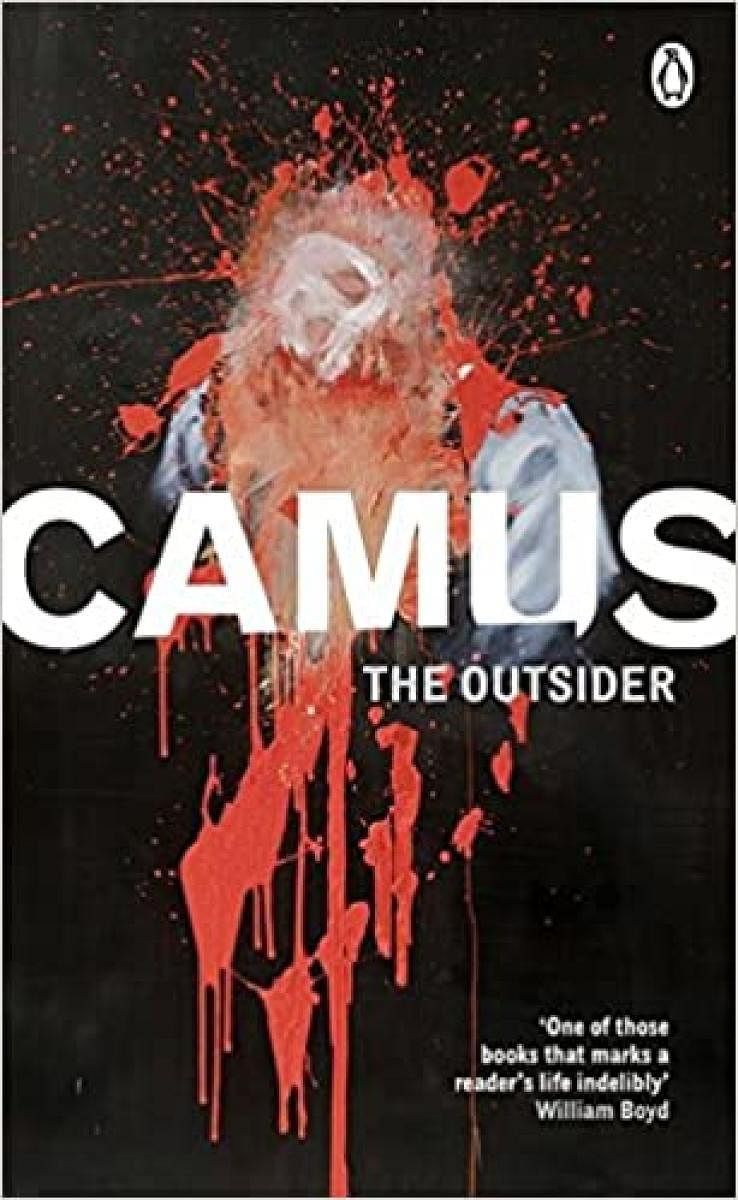
In the last years of the 1990s, several organisations that do such things drew up lists of the best works of literature of the 20th century. The majority of the lists were heavily populated by Anglophone literature and looking at them one could feel that a whole world had been missed out. What about the other languages? Where do they fit in these lists?
Le Monde, the French newspaper, made its own list, which looked a bit further than the shores of the USA and the UK. Their list too was heavily dominated by the West, but gave more to chew on. Unsurprisingly, the top two spots were taken by two French heavyweights — Albert Camus and Marcel Proust. It was Camus’ The Outsider (published in 1942) that took the first place and given the novel’s outsize influence not just on French literature and culture, but also on generations of writers that came later, its position there would be justified.
The book is barely little more than 100 pages long (the book that sat atop the other lists like King Kong — James Joyce’s Ulysses — is seven times longer) but its impact on the reader is almost visceral.
Set in pre-independence Algiers, the story is told from the point of the French Algerian shipping clerk Meursault before and after an act of violence that he commits. It begins with him getting the news that his mother has died in an old age home where he’d put her and given his almost catatonic responses at the funeral, talk begins among his acquaintances about his odd behaviour. He returns to Algiers and carries on as before — going to office, hanging out with his colleagues and a friend, taking up with a new lover.
His friend gets into trouble with a few Arabs — trouble that leads to a brutal murder that Meursault commits on a hot day at the beach. Camus himself has said that his hero was condemned because he didn’t “play the game”. The game here being the ability to mourn the dead, to show remorse for his actions (something he refuses to do even during his eventual trial or sentencing). Instead, Meursault is more taken up by what he terms as the “tender indifference” of the physical world. It’s something he can comprehend and understand.
Reading The Outsider in the 21st century can be an odd experience. France no longer rules Algeria and the children of the former European colonies have proven themselves more than adept at producing their own literary masterpieces. The fact that an Arab (a nameless one) is murdered and that the trial dehumanises the victim further can sting. But, it’s also possible to read the trial as Camus’ critique of colonialism’s sins (in Algeria’s struggle for independence, Camus took the middle path and demanded peace from both sides, which predictably had him alienating everyone).
One thing is clear though; as long as The Outsider continues to be read, new readers will find new meaning within its pages about man’s place in the world and the power imbalances that plague it.
The author is a Bangalore-based writer and communications professional with many published short stories and essays to her credit.
That One Book is a fortnightly column that does exactly what it says — takes up one great classic and tells you why it is (still) great. Come, raid the bookshelves with us.